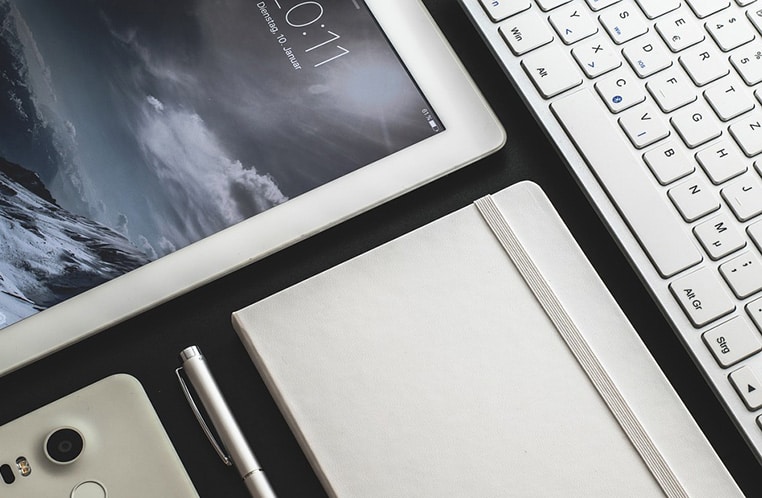Mobile devices such as laptops, tablets and smartphones are now an integral part of modern life. They carry our data from email to calendars, banking details and even personal photos; so it’s important we take steps to keep them safe. With the rapid rise in mobile device usage, it’s no surprise that cyber criminals are increasingly turning their attention to your phone, tablet or laptop. Therefore, it’s essential to think about how you can keep your device safe in the event of a loss or theft.
There are a number of ways to keep your information secure on mobile devices so this article will give you some tips on how to help protect yourself from the threat of theft.
USE STRONG PASSWORDS/BIOMETRICS
It’s important to make an effort with passwords and the use of biometric security, such as fingerprint identification systems. Make sure you have a strong password with numbers, letters and special characters so it’s harder to crack. If you use fingerprint recognition, turn off the camera function as this is one of the main ways for hackers to gain access. Furthermore, these systems are getting better, so it’s worth making sure your passwords are up to date.
ENSURE PUBLIC OR FREE WI-FI IS PROTECTED
Public or free Wi-Fi hotspots are becoming increasingly popular with the rise of social media. They offer convenience, but they can put your information at risk, so it is important to be aware of their risks. First, check what type of encryption they use; if it is WEP (broken) or no encryption, this would be a good indicator that the Wi-Fi is not secure. Furthermore, it’s important to check if any websites or social media are directing you to log in before being able to use the service. If so, it could be an indicator of risk as once you have logged in, hackers may record your username and password.
UTILIZE VPN
If you use public Wi-Fi networks, make sure your connections are encrypted using a VPN (Virtual Private Network) or ‘tunneling’ application. As mentioned earlier, the encryption standards for services such as Wi-Fi vary widely and can be easily compromised by hackers; this makes it crucial to protect yourself with a VPN when connecting to unknown networks. Moreover, if you don’t encrypt your data on a public network, it’s possible for anyone with the right tools to intercept and steal the information you send over the internet.
ENCRYPT YOUR DEVICE
It would be best if you also considered encrypting your files. This involves creating a virtual ‘envelope’ around them which can only be opened by someone with the correct key or password, known as the ‘key’. This means if you are to lose your device, whoever finds it will not be able to access the files without the key. Your communications are also more secure as the information will only be able to be read by you and not intercepted by hackers.
INSTALL AN ANTIVIRUS APPLICATION
It’s also important to have an antivirus application or security suite installed on your device. This should be updated at least once a month, usually more often if it is a free application. It should allow you to check for software updates and virus definitions that protect against new threats. There are many types of malware apps designed to do nothing but harm your data or your device. Furthermore, they are often hard to uninstall so it’s important to take precautions before downloading anything.
REMEMBER TO BACK-UP YOUR DATA
If you have any vital information on your device, it is essential that you back this up. If your mobile is lost or stolen and the data has not been backed-up, there is a chance it will be lost forever. You can back-up the data on your device by connecting it to a computer and sending all files you want to keep to yourself as an email. Alternatively, if you have the appropriate software installed on both devices, you should be able to do this wirelessly. Make sure that you backup your device at least once a month.
STOP DEFAULT SETTINGS
It’s important to ensure that the default settings of your device are removed and replaced, for instance if it asked you to link up with a social media account before you could use it (and once done, always check the privacy and security settings). In the same way, check your applications for ‘advanced options’. These can sometimes allow hackers to get access to any of your private information. It may also be worth changing the default password from the one it comes with. You should also ensure that you have a valid backup if something happens and your device is stolen or lost.
UPDATE TO THE LATEST SOFTWARE
Finally, you should always update your software. Software updates are designed to fix problems or vulnerabilities that have been discovered in the system that need to be rectified. These can include patches for applications and web browsers and any other software on your device. It is important to keep these up to date, as this will minimize the risk of malware and virus attacks. It is recommended to use automatic updates whenever possible, so you don’t have to resolve each update individually after downloading it.
